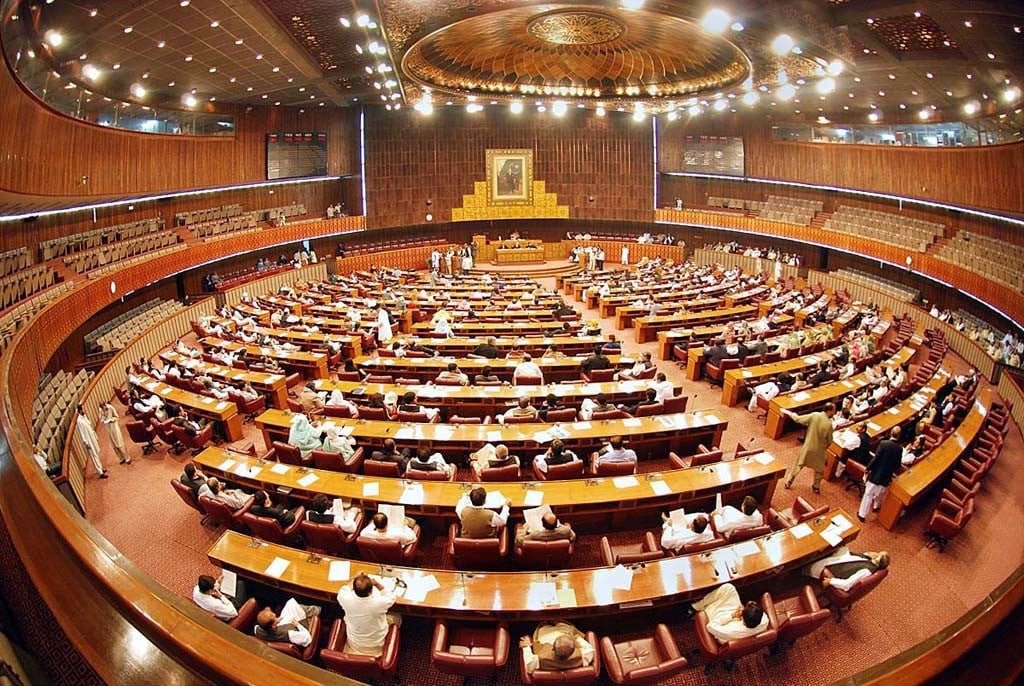
The government and the opposition in the National Assembly finalised their negotiations for a power-sharing formula and agreed to the framework for the composition of the standing committees of the lower house of parliament.
The formation of the standing committees would complete the government formation process. According to documents available with The Express Tribune, both sides agreed to allocate the chairmanship of 26 committees to the treasury and 11 to the opposition.
As per the agreed formula, the all-powerful Public Accounts Committee (PAC) would be led by an opposition lawmaker, while the Kashmir committee would be led by a treasury member. The National Assembly speaker would himself chair the House Business Advisory Committee.
The PAC would comprise 23 members—16 from the treasury benches and seven from the opposition. Its chairman would be an opposition lawmaker, for which the Pakistan Tehreek-e-Insaf (PTI) had named Sunni Ittehad Council (SIC) head Sahibzada Hamid Raza.
Previously, it was reported that the PTI founder had named Sher Afzal Marwat for the post, but, according to the sources, he withdrew his decision and now instructed National Assembly opposition leader Omar Ayub Khan to nominate Raza for the PAC chairmanship.
Following the new nomination, opposition lawmakers—the PTI-backed independent members of the National Assembly, Zain Hussain Qureshi and Sher Afzal Marwat, and SIC chief Hamid Raza met with the speaker and discussed with him the formation of the house committees.
During that meeting, the opposition proposed the name of the SIC chief to the speaker for the post of PAC chairman. However, Ayaz Sadiq emphasised that the PAC chief would be elected according to the rules, as the speaker had no authority in that process.
Also read: PTI denies receiving invitation for reconciliation talks
“I simply want to resolve the issue of parliamentary committees with mutual understanding,” the speaker told the opposition delegation. Later, the delegation also met with Pakistan Muslim League-Nawaz (PML-N) parliamentary leader Khawaja Asif.
It was also reported earlier that the Jamiat Ulema-e-Islam-Fazl (JUI-F), another opposition party, had floated the name of Noor Alam Khan for the PAC top slot. It was stated at that time that the ruling coalition was seemingly throwing its weight behind Khan for the race.
As per the documents, the government’s 26 committee chairmanships would be distributed among the allies in the ruling coalition in accordance with their strength in the house. The PML-N would, of course, retain the lion’s share of 14 chairmanships.
Among other coalition partners, eight chairmanships would go to the Pakistan Peoples Party (PPP), two to the Muttahida Qaumi Movement-Pakistan (MQM-P), and one each to the PML-Quaid and the Istehkam-e-Pakistan Party (IPP).
Similarly, the opposition’s 11 committee chairmanships would be distributed among two parties. The PTI-backed independents would get an overwhelming majority of 10 chairmanships, while one chairmanship would be given to the JUI-F.
According to the documents, out of the 20 members of each committee, 14 would be taken from the government side – at least seven of the PML-N, four of the PPP, and one each of the PML-Q and the MQM. Six would be taken from the opposition – five independents and one of the JUI-F.
The rules and regulations committee would consist of 22 members – 15 from the government and seven from the opposition. The government assurances committee would consist of 16 members – 11 from the government side and five from the opposition.
Similarly, the house and library committee would consist of 13 members, including nine from the government and four from the opposition. Among the 22-strong Kashmir committee, the government's quota was 15 members, and the opposition's share would be seven.
The House Business Advisory Committee, to be chaired by Speaker Ayaz Sadiq, would comprise 26 members. In the committee, 18 members would come from the treasury benches, while eight members would be taken from the opposition benches.













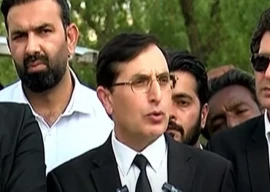
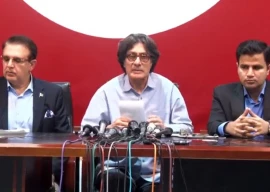
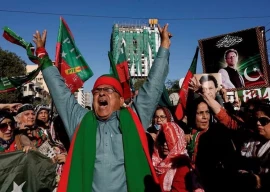
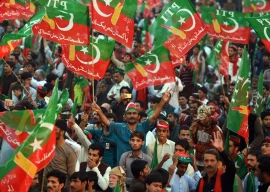

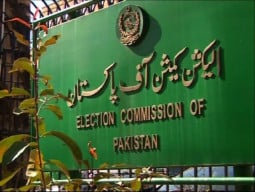




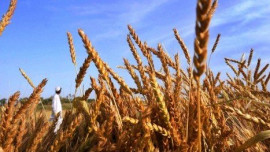











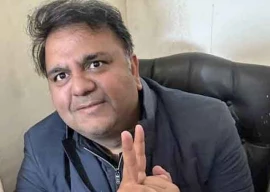


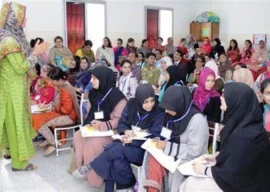








COMMENTS
Comments are moderated and generally will be posted if they are on-topic and not abusive.
For more information, please see our Comments FAQ